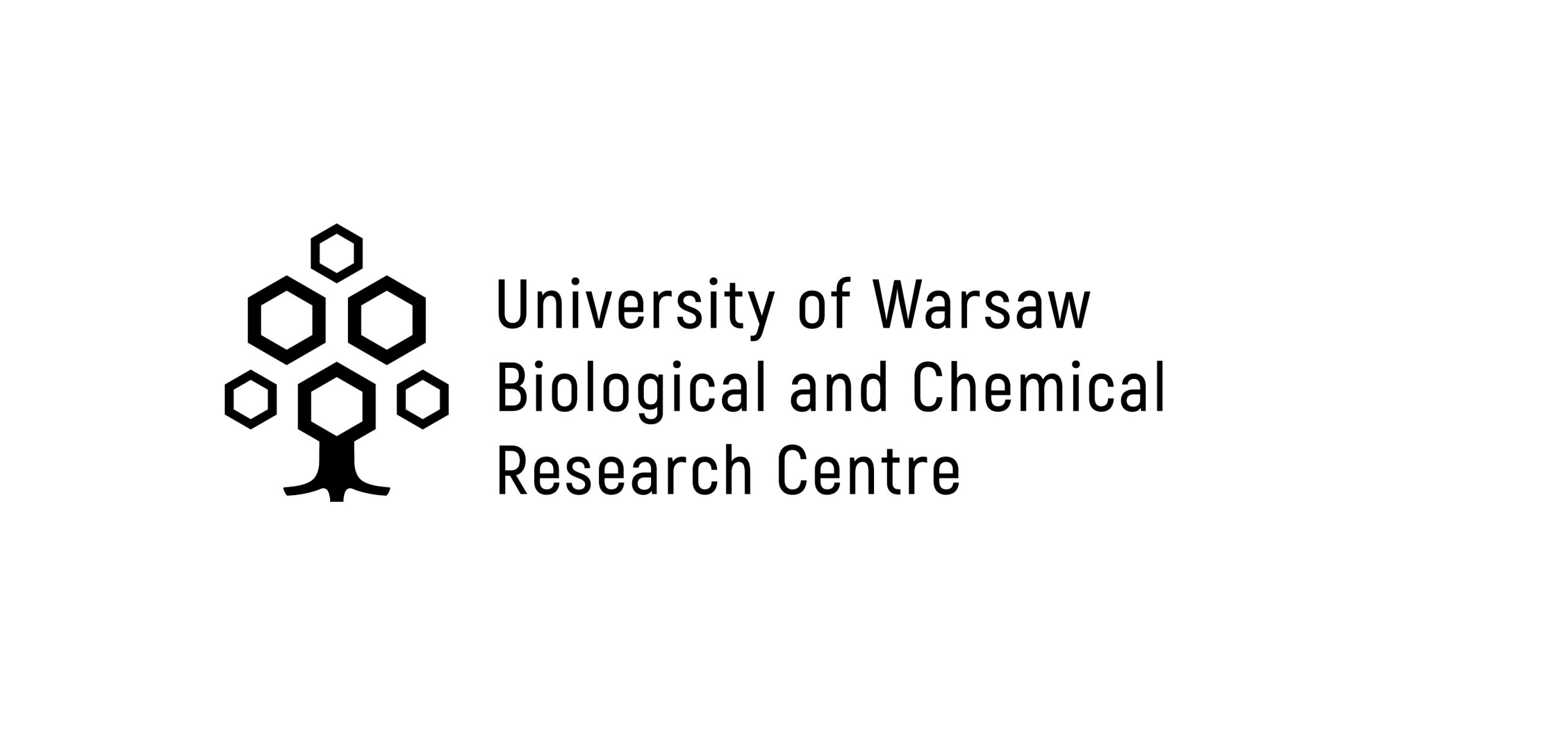Structural Biology Group
Description of the Group
We study the structure and function of proteins using structural biology methods such as protein crystallography and small angle X-ray scattering (SAXS), bioinformatics analysis and molecular dynamics simulations, as well as by functional assays both in vitro and in cell culture.
We are especially interested in proteins for which little structural information is available, so that we can answer vital questions about the activity and function of these proteins. Some of our interests include proteins working on RNA, helical repeats, protein engineering and molecular diagnostics. We also use structural models of proteins to elucidate the molecular mechanisms underlying selected human diseases or to aid drug discovery. Through our findings and inventions, we would like to help combat infections or treat human inflammatory disorders.
Research Activities
Our current research is focused mainly on human RNA-binding proteins and on bacterial proteases. In one of our projects we study mitochondrial post-trancriptional regulators, since the mitochondrion is an essential organelle that is the main source of ATP and has fundamental roles in all aspects of cell biology, ranging from cell death to growth, differentiation and inflammation. Our additional topic of interest are Interferon-induced proteins with tetratricopeptide repeats (IFIT). IFITs are antiviral proteins which are expressed in cells in response to viral infection, where they act as innate immune effectors that sequester viral transcripts and inhibit their translation. Building on the previous work on IFIT structure and interactions, we investigate the structure and function of higher order complexes of human IFITs and their specificity for RNA. We aim to elucidate the mode of RNA recognition by IFITs and their interplay with the cellular machinery in antiviral defense, as well as to find some medically-relevant applications of IFITs in detection and sequencing of RNA from pathogens. Our newest project aims at developing chemical tools that could be used for targeted degradation of bacterial proteins. Such approach could be used to study protein function through chemical genetics, or lead to a completely new generation of antibiotics.
The human and pathogen-derived proteins we study are often involved in pathological processes (infection, inflammation and cancer) and constitute valid targets for therapeuthics. Their structures may be used in drug design, or explain how they can be exploited for diagnostics or biotechnological applications.
Offer
- Obtaining and analysis of structural models of proteins – experimental or computational
- Protein-ligand interaction measurements: microscale thermophoresis, differential scanning fluorimetry (thermofluor assay), isothermal calorimetry
- Measurements of molecular weight and polydispersity of proteins and protein-ligand complexes: SEC-RI-MALS and DLS
- Protein expression in prokaryotic and eukaryotic systems
- Chromatographic purification of proteins
- Protein crystallization: high-throughput screening and crystal optimisation
- Crystallization of membrane proteins: automatic setting of LCP plates together with visualization
Team Leader
Maria Górna specializes in structure-function studies of proteins, and is especially interested in proteins involved in processes important for human physiology or related to disease conditions. She also conducts applied research aimed at drug discovery or protein engineering for applications in biotechnology and diagnostics. She completed her doctoral studies at the University of Cambridge and a 5-year postdoctoral fellowship at the Research Centre for Molecular Medicine in Vienna. She led projects financed by NCN, NCRD, FNP, EMBO, MNiSW and EU Horizon 2020. Winner of the EMBO Installation Grant and LIDER programme, two-time winner of scholarships within the framework of Maria Skłodowska-Curie Actions, Board Member of Marie Curie Alumni Association. Open to collaborations on obtaining or analysing structural models of proteins.
